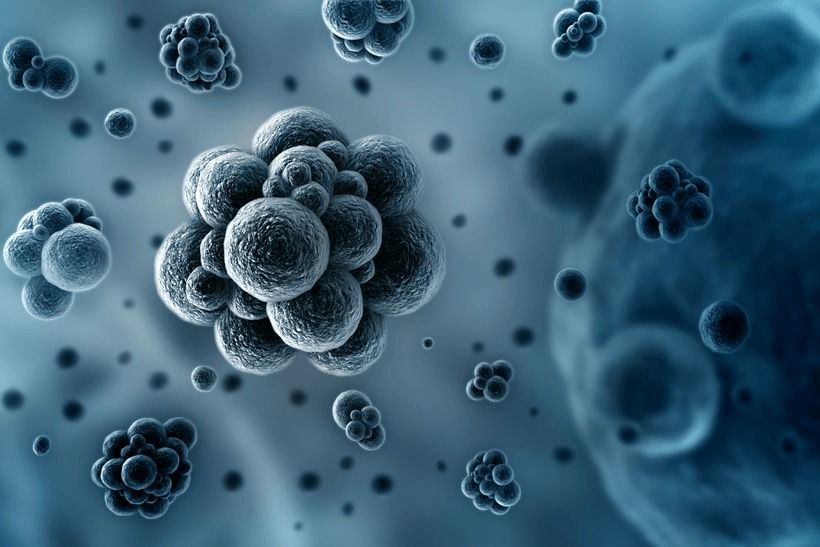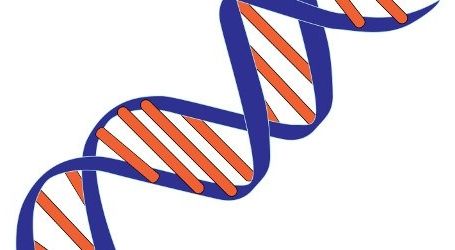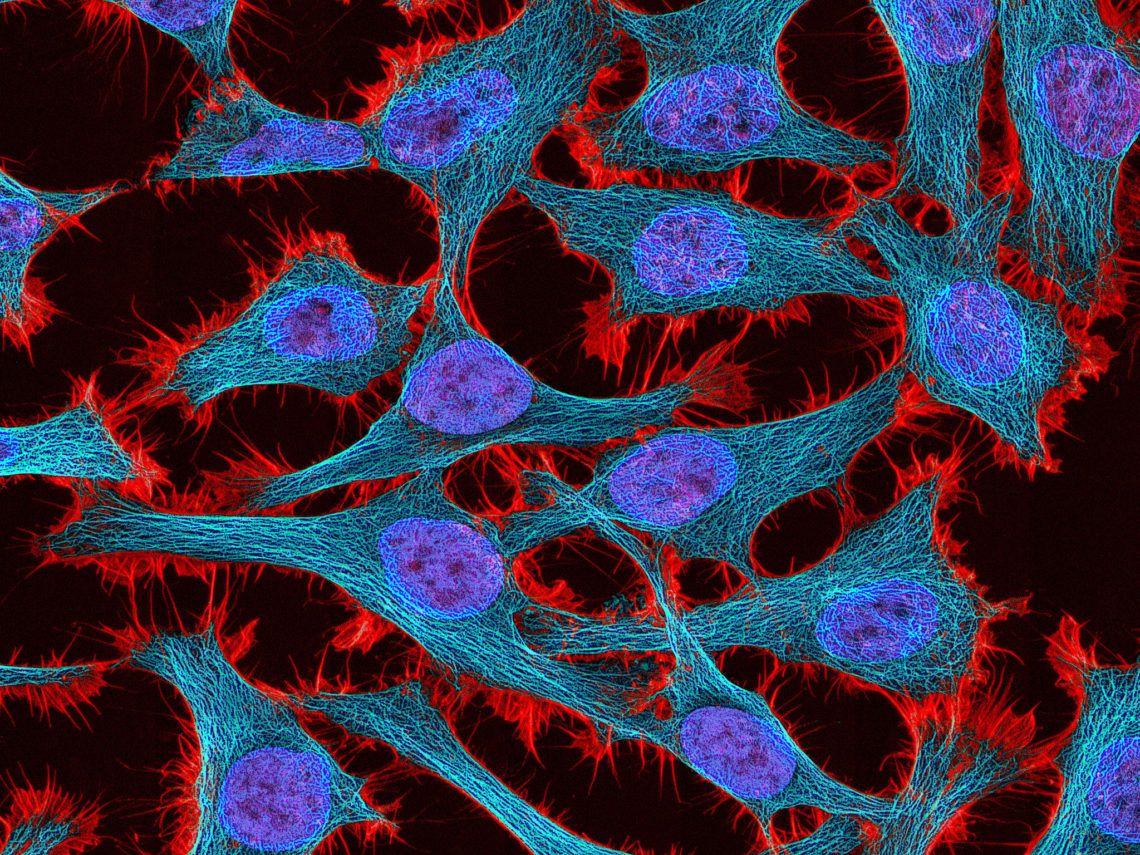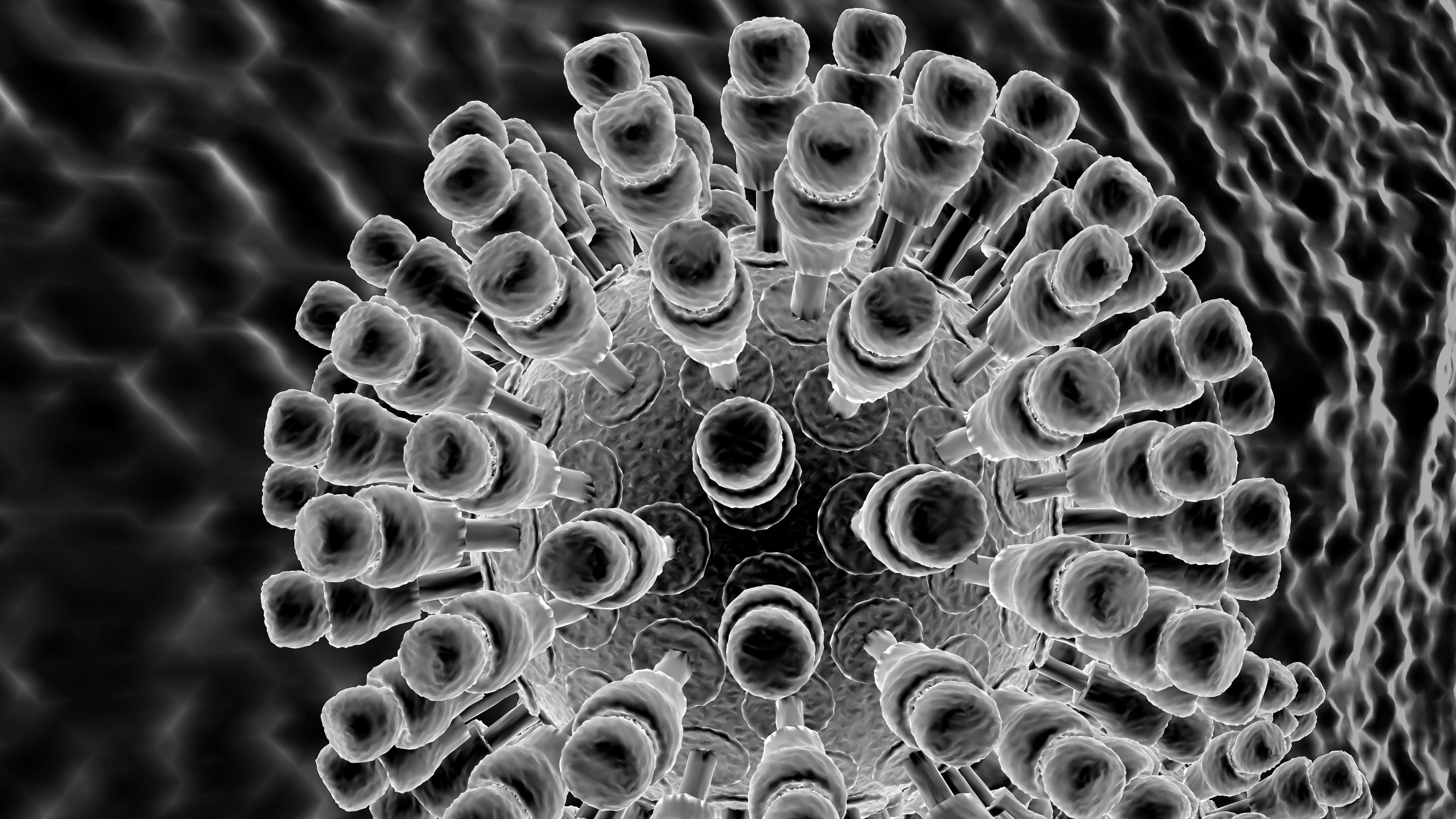Archive for the ‘biotech/medical’ category: Page 2543
Jan 24, 2017
The First Medical Tricorder? The Big Viatom CheckMe Pro Review
Posted by Klaus Baldauf in categories: biotech/medical, health
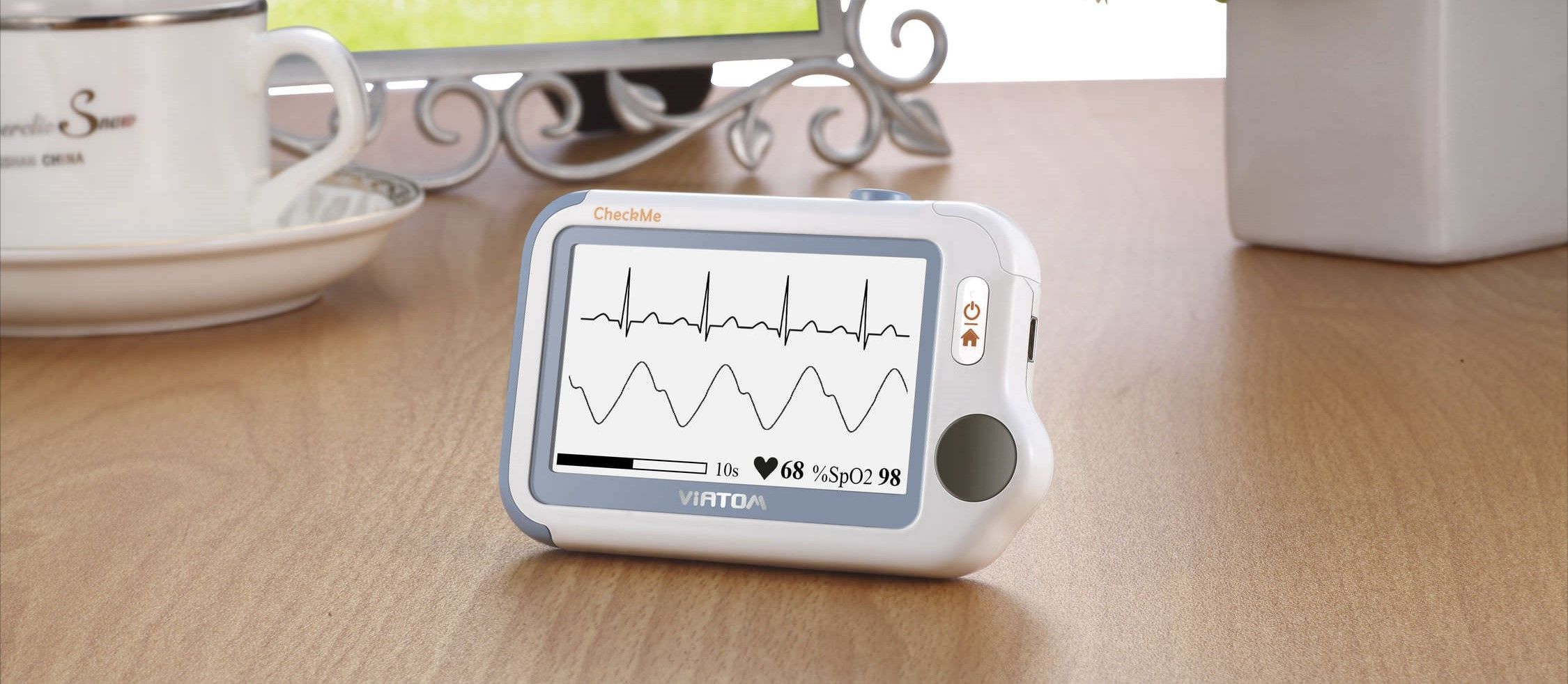
The Big Viatom Checkme Pro Review: let’s see to what extent the device can bring the medical tricorder to life by measuring health parameters!
Jan 24, 2017
Chan Zuckerberg Initiative’s AI Acquisition Will Make Science Free for All
Posted by Shane Hinshaw in categories: biotech/medical, robotics/AI, science
Back in September, the Chan Zuckerberg Initiative – the philanthropic company set up by Facebook CEO Mark Zuckerberg and his wife, Dr. Priscilla Chan – set a goal to invest $3 billion to cure, prevent, and manage disease by the end of the century.
The company has taken a huge first step toward the objective by partnering with scientists, doctors, engineers, and other key stakeholders. With the acquisition of Toronto-based company, Meta, the team is moving even closer to their goal by creating tools and technology designed to empower the scientific community.
Meta is a research paper search engine that uses artificial intelligence (AI) to deliver the most relevant results to researchers. Following this acquisition, the Chan Zuckerberg initiative will enhance the service before eventually rolling it out for free.
Continue reading “Chan Zuckerberg Initiative’s AI Acquisition Will Make Science Free for All” »
Jan 24, 2017
Are We Terrible at Advocacy, or is it Actually Hard to Persuade People of the Merits of Living Longer in Good Health?
Posted by Steve Hill in categories: biotech/medical, life extension
Science isn’t the easiest thing to understand especially biology, but are we getting the message right about rejuvenation biotechnology? Reason at Fight aging delves into the issues and offers commentary about our recent blog article at LEAF.
For those of us who immediately understand, at first recognition, that the opportunity to live a longer life in good health would be a fantastic thing, and in fact so wondrous that we should jump up and do something to make it happen, it is a continual puzzle that we find ourselves in a minority. How is it that we live in a world in which the majority simply doesn’t care, or if prompted on the topic, declares their desire to age, suffer, and die on the present schedule? After a few years of this, one might be forgiven for thinking that we are just not very good at advocacy. But given a second consideration, we might ask why we should have to be good at advocacy at all in this situation. Isn’t more good health and vigor, and an absence of horrible, debilitating age-related disease, an obvious and unalloyed good? Isn’t the whole point of medicine to defeat disease and prolong health? Isn’t it the case that all of these people in favor of aging and age-related death nonetheless go out and visit the doctor when they get ill, while supporting research into treatments for cancer and other age-related diseases? I don’t think that we are the irrational ones in this picture.
After going on fifteen years of writing on this topic, I don’t have much more of an idea than I did when I started as to why greater human longevity isn’t an obvious and highly important goal for everyone. The same questions and theories back then are still here today, and there is still little data to pin down their accuracy: fear of frailty, of overpopulation, of any change, even positive, and so forth. Since it was an immediate and evident revelation for me, rather than a gradual conversion, perhaps I am not the right person to achieve that understanding. I am, however, pleased to see that despite the challenges our community of iconoclasts, heretics, revolutionaries, and rational thinkers on the subject of longevity science is greatly expanded these days. More of these folk than ever are writing and persuading, both inside and outside the scientific community. We have progressed and grown as a community, alongside progress in the state of the science.
Jan 24, 2017
Dr. Hadiyah-Nicole Green Uses Lasers to Fight Cancer
Posted by Montie Adkins in category: biotech/medical
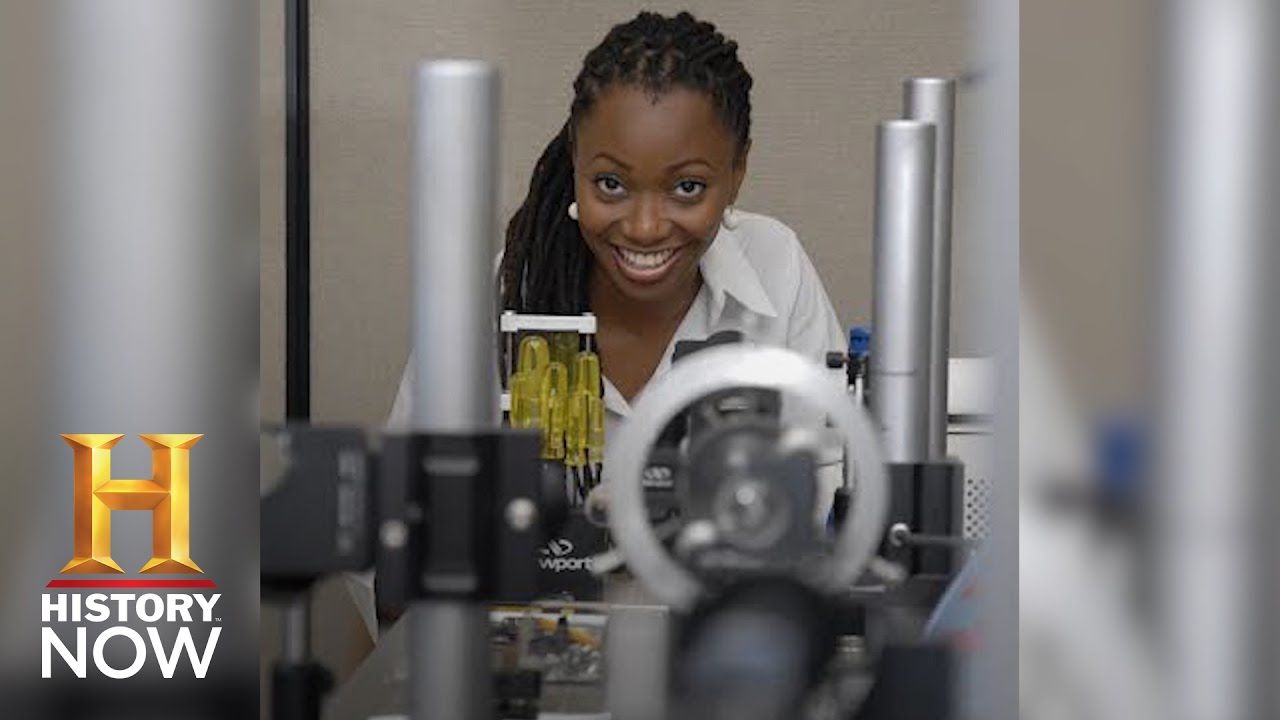
Fighting cancer with lasers.
In an effort to eliminate the side effects of modern cancer treatments, Dr. Hadiyah-Nicole Green began exploring the use of light-activated nanoparticles to target tumors directly. #HistoryNOW
Continue reading “Dr. Hadiyah-Nicole Green Uses Lasers to Fight Cancer” »
Jan 23, 2017
IBM Just Posted 5 Predictions About What Life Will Be Like in 2022
Posted by Shane Hinshaw in categories: biotech/medical, robotics/AI, space
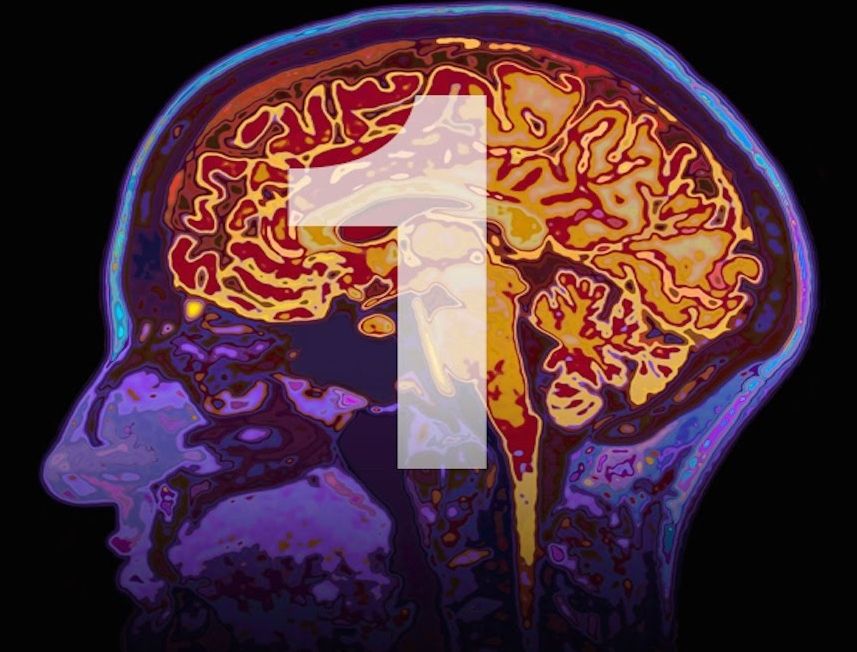
https://youtube.com/watch?v=DnYUNQVcVnI
Technology giant IBM is known for of making bold predictions about the future, and it’s just announced its latest “5 in 5” list, highlighting the five innovations that they think will have the biggest impact on our lives over the next five years.
According to the company, in only a few years, we’re set to see huge developments in artificial intelligence (AI), ultra-powerful telescopes, smart sensors, and medical devices — with benefits ranging from healthcare and the environment, to our understanding of Earth and the Universe itself.
Continue reading “IBM Just Posted 5 Predictions About What Life Will Be Like in 2022” »
Jan 23, 2017
Improved Semisynthetic Organism Created
Posted by Montie Adkins in category: biotech/medical
“You could produce artificial proteins with unnatural amino acids,” he proposed. But the artificial proteins could be “not just to prep, pull out the cell, and purify as a drug, but to work within the cell to bestow it with new functions,” he added.
Researchers generate an organism that can replicate artificial base pairs indefinitely.
Jan 23, 2017
Amazing Therapy Could Turn Cancer Into Zombie Cells Then Destroy Them
Posted by Steve Hill in categories: biotech/medical, life extension
Turning cancer cells into zombie cells then destroying them with senolytic therapy for a double whammy against cancer!
Using a combination of therapies to turn cancer cells into non-dividing zombie cells then destroying them with could soon become the way we treat cancer without the need for harsh chemotherapy.
#aging #cancer
Jan 23, 2017
Scientists have caught viruses talking to each other—and that could be the key to new anti-viral drugs
Posted by Shane Hinshaw in category: biotech/medical
Jan 22, 2017
Should We Cure Aging?
Posted by Montie Adkins in categories: biotech/medical, life extension
Aging fosters sickness and disability, increases human suffering, and makes us more likely to die. Previously, I argued that curing aging must be a top priority for society, yet there are also a number of possible objections to this endeavor. Most of these are unfounded myths that can be disproved while others raise relevant social, philosophical and ethical issues. This essay draws on my own lectures, and publications (Sethe and de Magalhaes, 2013), on this subject and attempts to answer the most commonly raised questions and concerns about the work of gerontologists and a possible cure for aging.
